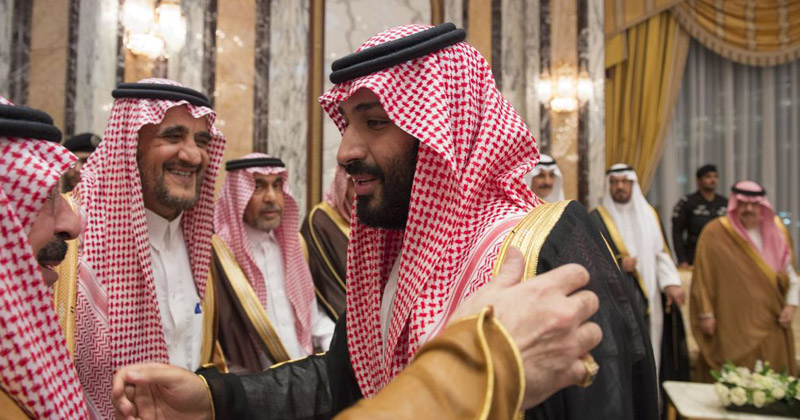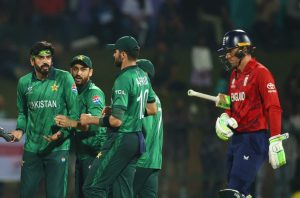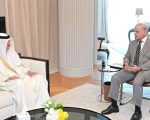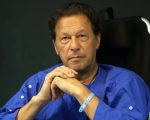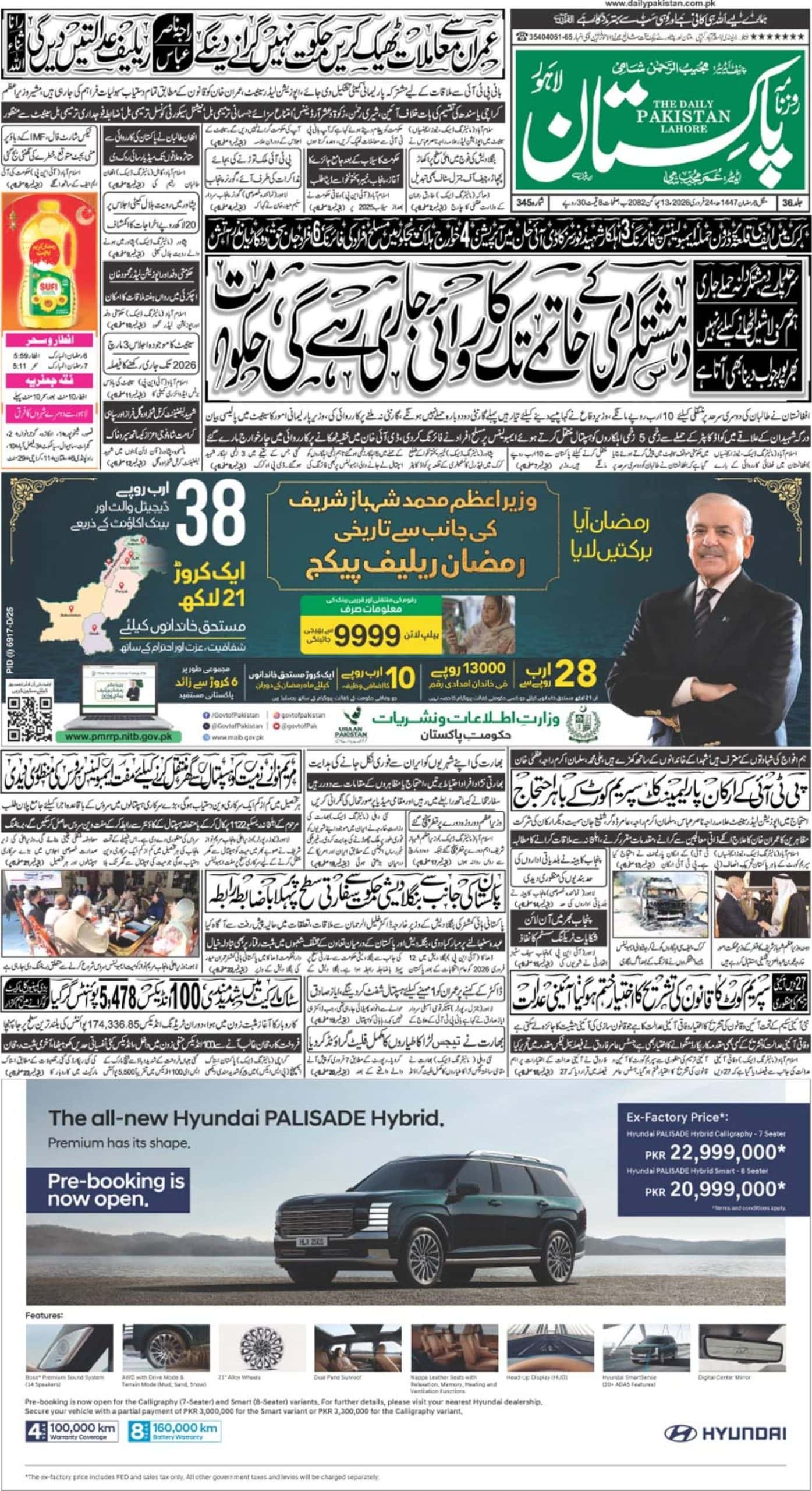The streets of Jeddah were flooded last week after heavy rains lashed the city. For decades, the drainage system of the Red Sea resort has been a source of fleecing big money. Since the 1980s, corruption worth millions of dollars has been reported and tracked, but royal privilege or political networking averted punitive action against the key figures involved.

A mega-scandal involving billions of Saudi Riyals caught the attention of the then King Abdullah who assigned Mecca Governor Prince Khalid for investigation. Though over 40 municipality officials and contractors were arrested but the main accused was pardoned, owing to his powerful relatives connected with the monarch’s court. Yet funding for such projects continued to grow sans oversight. For instance, Saudi Arabia earmarked $150 billion for the fiscal year 2010, 14 percent more than the previous year for the country’s summer capital. Yet the woes of the sewage system remain. Jeddah still remains devoid of an efficient sewage system.
The city is a microcosm of a rich country where public sector projects have been the biggest source of pilferage and graft since the 1970s oil boom. Across the Middle East, reference (wasta or sifarish) and bribe (gift or hadiya) can open virtually every door, depending upon their scale. Fraud is not limited to the public sector projects. Various expatriates get robbed of their hard-earned money when they invest in Saudi Arabia with the help of citizens. Foreigners can’t invest directly in much of the GCC. As the local kafeel breaks up, they have little respite claiming their due share. However, the fraudulent acts of some can’t be taken as a rule for many adopt fair business practices despite the foreign partner’s vulnerability.
Though practices of public and private sector corruption were widely known but it was a taboo subject for the media to discuss. With last month’s crackdown on his own uncles and cousins, King Salman has adopted a top-bottom approach. His son and crown prince Mohammad bin Salman has stated that around $100 billion worth of public funds are lost to corruption annually.

The anti-corruption campaign has been viewed from power play prism, disregarding Saudi Arabia’s vision 2030 document that details the multi-sectorial reform agenda. In the surprise move resulting from months of secret probe, the kingdom detained over 200 members of royal family, senior government officials and businessmen for alleged embezzlement and corruption worth over $100 billion.
Prince Mutaib al-Saud, the son of the late King Abdullah and former minister of the National Guard, has reportedly signed plea-bargain deal for his release. Though officially unconfirmed, the influential prince has paid a settlement of $10 billion, media reported. Mohammed al-Tubaishi, another high-profile official in the royal court, also signed a plea-bargain settlement worth over $5 billion. Some branded the hefty sum paid to Riyadh as a ‘bribe’ and ‘ransom’ while others hope for similar top-bottom anti-graft drives across the Gulf region. A few dozen detainees have been let go after questioning. However, the travel ban on royalty as well as high officials remains in place.
Saudi Arabia’s anti-corruption move may not be entirely about cleansing the system but also about paving the way for a smooth transition of reign from an older generation to a much younger one. The successor to the 81-year old monarch is his 32-year old son. Even from a power play perspective, the move has not faced obstacles. Initially, the rumours of a prince taking refuge in Iran have died, the same way that the rumours of the royals death in a firefight with security forces.
Why has there been no outrage against such a high-profile crackdown? The answer lays in the fact that Mohammad bin Salman is amongst the 75 percent population that is below 35 years old. The foreign and locally educated youth has neither been upbeat about returning to the homeland nor about joining the public sector. Atop archaic officialdom sat the culture of favour (wasta) and gift (hadiya). The bids for Saudization of the labour force have been failing and unemployment soared. The new drive for ‘clean’ and ‘efficient’ government has infused hope within the youth. They idolize the young prince. In the Saudi cultural context, the decision to allow women to drive and attend sports and entertainment events signals a change if not a revolution. While helping boost the country’s image abroad, the policies muster popular support for the leaders too.

Riyadh aims to revert to a more open and modern interpretation of Islam as they existed before 1979. Already, the king has directed revisiting existing religious interpretations in a quest for ‘moderate, balanced’ Islam’. The authority of the religious police has been significantly curtailed.

The Saudi monarchy is aiming to shun the country’s stereotyped image as well as building a modern nation-state with ingenious youth and resources (beyond oil) at its core. Like the silent majority at home, investors abroad await the transition to a transparent and accountable system. Instead of deterring foreign investors, the ongoing campaigns have sought their curiosity.

On the Saudi border lie two issues of immediate concern, the first being sour ties with Qatar and the other being the anti-terror campaign in Yemen. This week, Saudi Arabia’s king and the Qatari emir will be under one roof in Kuwait which hosts a Gulf Cooperation Council summit aiming to ease tension in the region. Without prospects of a breakthrough, the two leaders would not have agreed to attendance. The ice seems about to break and it looks like a process of normalization may resume.
On the Yemeni front, former president Ali Abdullah Saleh is no longer allied with the Houthis. The two militias are engaged in fierce battles around Sanaa. The Iran-backed militia blew up Ali’s home yesterday. The militia killed him and desecrated his body too. Taking advantage of the bitterness, the allied ground troops and air forces have been pounding the Houthi positions. Some missile launchers seem to have already been taken out while yesterday’s claim of firing the ballistic projectile towards Abu Dhabi turned out to be false. The Houthi militia’s insurgency is on its last legs. Once the allied campaign is called off, Saudi Arabia and its GCC partners have a gigantic task of reconstruction and nation-building. Riyadh will have to bear the brunt of costs. A prompt end to Yemen war and rapprochement with Qatar will leave Crown Prince Mohammad bin Salman with more time to fix governance, economy and foreign policy. He claims to be a reformer, but not a democrat, yet.

